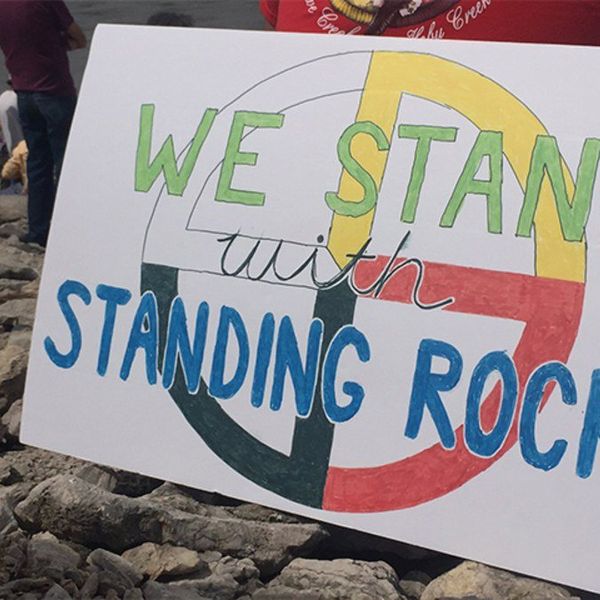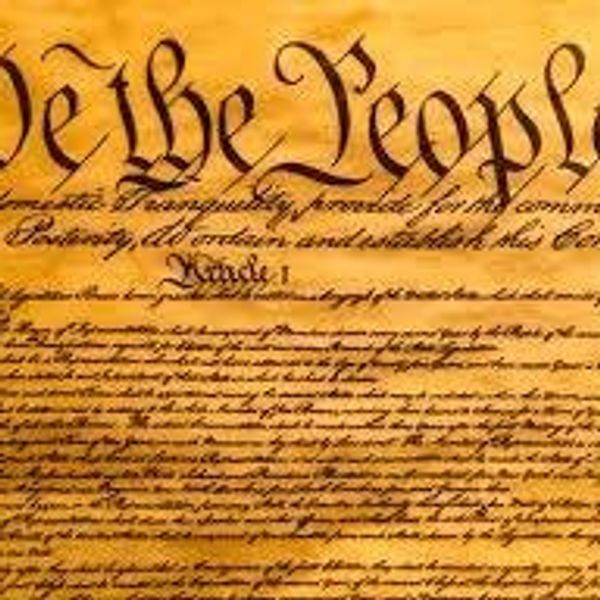Naturalization is the process by which the United States grants Congress the authority “to establish a uniform rule of naturalization” to persons not born in the United States seeking citizenship. In 1790, Congress passed the Naturalization Act, alternately known as the Nationality Act. Such law, restricted citizenship to “free white persons”, who have lived within the limits and jurisdiction of the United States for a term of two years, had a “good character”, and swore allegiance to the United States (Encyclopedia). Though restrictive on race, the act allowed Catholics, Jews, and other “free white persons” the chance to become a citizen, rights that many European countries did not allow. The Naturalization Act of 1790 also declares that people who are born overseas to parents who are U.S. citizens to be natural-born citizens.
In 1823, the Supreme Court declared that Native Americans were merely inhabitants. The Indian Removal Act was passed in 1830 by president Andrew Jackson. This act allowed the United States to forcibly remove Native Americans from various territories. Land hungry Americans poured into what later became the states of Alabama and Mississippi, only to find themselves in war with the Creek Indians. The Battle of Horse Bend took place on March 27, 1814 in present day Alabama close to the Georgia border (Milestones). Jackson, then a Major General in the Tennessee Militia, led his forces into Tohopeka Village soundly defeating the Creeks and destroying their military power. Forcing the Indians into another treaty requiring them to transfer over 20 million acres of their homeland. That is about one half of present day Alabama and a fifth of Georgia.
The crusades continued, by 1840 tens of thousands of Native American had been driven off their land. Andrew Jackson is known as the president and the Indian-Killer amongst the Native tribes. Law through the Indian Removal Act required the government to negotiate removal treaties just and peacefully (Milestones). However, that wasn’t what president Jackson and his government had in mind. As incentives, the law allowed for Indians to receive financial and material assistant to travel to what’s present day Oklahoma. Jackson’s government would frequently ignore the law to force Native Americans to vacate lands they’ve lived on for generations. Bound in chains and marching in double fire, without any food, supplies or help from the government. This came to be known as the Trail of Tears. Tribes were forced to walk the dry plains across the Mississippi River.
By 1851, the Indian Appropriations Act was passed (Gilder). The act stated that “No Indian nation or tribe within the territory of the United States shall be acknowledged or recognized as an independent nation, tribe, or power with whom the United States may contract by treaty; but no obligation of any treaty lawfully made and ratified with any such Indian nation or tribe prior to March 3, 1851, shall be hereby invalidated or impaired” (Gilder) This weakened the authority of tribal leaders, leading to an end of treating tribes as sovereign nations.
The court ruled in 1884 that the Fourteenth Amendment did not provide citizenship to Native Americans born on reservations because reservations don’t sit in the jurisdiction of the United States. By 1924, the Indian Citizenship Act was passed (Congress). The act provided natural-born citizenship to Native Americans born on reservations. Even after being provided citizenship to a land that rightfully belonged to them, some Native Americans were denied the right to vote. As voting was governed by state law. Some states had barred the Native Americans from voting up until 1957.
Now tell me how this is our land?





















